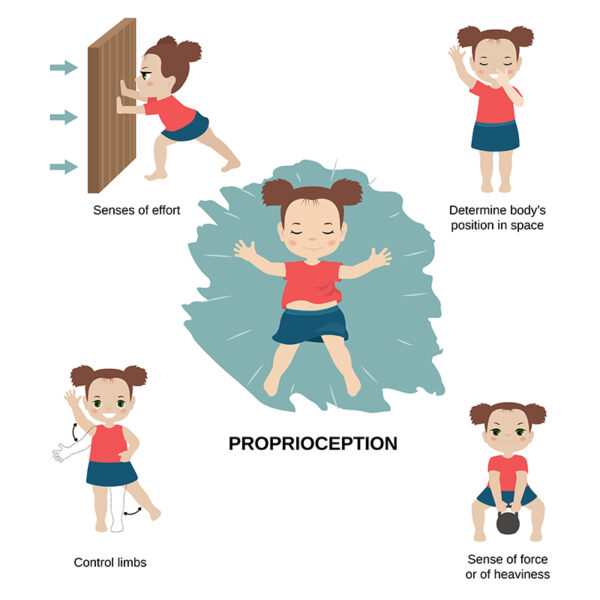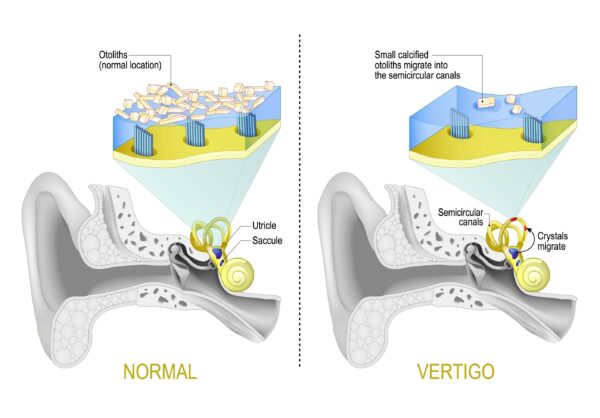
menu

Do you suffer from dizziness or balance problems? Specialty Care Institute proudly announces that we are now an AIB-exclusive Center of Specialty Care.
What is the American Institute of Balance?

The American Institute of Balance (AIB) is a renowned institution dedicated to increasing the knowledge and treatment of balance disorders and connected vestibular system issues. AIB was founded to enhance the quality of life for patients suffering from problems with balance and has become a foremost authority in vestibular rehabilitation and neurodiagnostic testing.
The American Institute of Balance (AIB) is proud to announce the addition of Specialty Care Institute (SCI), an AIB-exclusive Center of Specialty Care. The Specialty Care Institute utilizes advanced clinical protocols with advanced technology to provide the most sophisticated diagnostic care available in vestibular science.
This facility directly partners with the American Institute of Balance™, the global leader in evaluating and managing balance disorders. AIB proudly takes this opportunity to introduce the Specialty Care Institute to our elite group of AIB-certified rehabilitation providers.
With over 10,000 certified providers globally, we pride ourselves in connecting our diagnostic and rehabilitation professionals to create a seamless continuum of care. SCI welcomes the opportunity to develop referral relationships with local rehabilitation providers.
The vestibular system is a complex network of structures in the inner ear and brain. The vestibular system helps with balance, spatial orientation, and coordination.

The vestibular system works with the proprioceptive systems and the visual systems. The proprioceptive system is an essential sensory system that helps maintain balance and coordinate movement.
Proprioception is the sense that allows you to know your body is in space and it’s positioned without having to look at it to see it’s there. This system relies on sensors called proprioceptors, which are found in the joints, muscles, and tendons.
The proprioceptive system works with the vestibular and visual systems, allowing you to navigate the world easily.
The vestibular system has three semicircular canals and two otolith organs filled with fluid. When your head moves, the fluid inside stimulates sensory receptors, which send signals to your brain.
These receptors interpret changes as your head moves and positions itself, which is necessary for maintaining your balance.
Balance disorders occur when the vestibular system cannot function as it should, or it can’t interact correctly with other sensory systems. Balance disorders may happen due to issues like head injuries, problems with the inner ear, neurological conditions, or infections. Common balance disorders include:
Dizziness is a term that describes feeling lightheaded, unsteady on your feet, or feeling a false sense of moving or spinning, even while you’re standing still. Feeling dizzy may be caused by a disturbance to the vestibular system, but it can also be for other reasons like anxiety or as a side effect of certain medications.
Vertigo is a kind of dizziness characterized by the illusion of rotational movement. It’s commonly associated with benign paroxysmal positional vertigo (BPPV), vestibular neuritis, or Meniere’s disease. Having vertigo can be debilitating and lead to a decreased quality of life.

Benign paroxysmal positional vertigo (BPPV) is an inner ear disorder causing brief but intense episodes of dizziness or vertigo. Although it’s benign and not life-threatening, the sudden bouts of vertigo are extreme and may make patients feel like they are leading a lesser life.
BPPV episodes typically only last less than a minute, but the spinning sensations experienced are incredibly intense. Changing the position of your head will often trigger an episode of BPPV due to tilting the head back, getting up from lying down, or other positions.
BPPV occurs when calcium carbonate crystals called canaliths or otoconia are in the fluid-filled canals of the inner ear. If these crystals become dislodged and go to the inner ear, they can disrupt normal function and cause BPPV.
Motion intolerance, or motion sensitivity, occurs when certain movements, like driving or riding in a car, or being on an escalator, make you feel unsteady, sick, or dizzy. Motion intolerance is usually associated with vestibular system disorders. You may also find that watching fast-paced movements on a screen, like during a video game or in an action movie, can cause feelings of motion intolerance if you suffer from it.
American Institute of Balance uses neurodiagnostic tests to determine if a patient has a vestibular system disorder or balance problems. Common tests that may be performed include:
Videonystagmography is a test that monitors eye movements to assess how the inner ear and the brainstem function.
Computerized dynamic posturography is a test that evaluates your balance and stability in response to various sensory inputs.
Electrocochleography measures electrical responses from the inner ear if it’s suspected that you have Meniere’s disease.
Vestibular evoked myogenic potentials are used to evaluate certain reflexes in the muscles of the inner ear.

Specialty Care Institute can accurately diagnose patients with balance disorders using these neurodiagnostic tests while creating personalized treatment plans. These plans help improve patients’ quality of life and regain their equilibrium.
Learn more about how Specialty Care Institute can help by requesting an appointment at one of our convenient locations in Barrington, Elgin, Hoffman Estates, or Arlington Heights, IL.